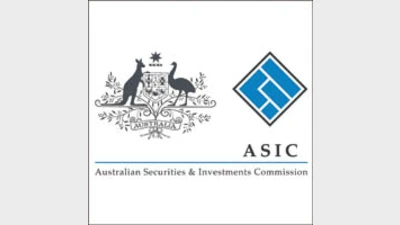More fees to pay for ASIC market supervision



The Government is seeking to raise around $18 million a year in new fees from those participating in Australia's equity markets to help fund the supervisory activities of the Australian Securities and Investments Commission (ASIC).
In similar fashion to the manner in which superannuation and financial institutions levied to cover the costs of supervision by ASIC, the Australian Prudential Regulation Authority, and the Australian Taxation Office, the Government has announced a new cost recovery fee structure to be applied to stockbrokers and others utilising the Australian Securities Exchange and incoming Chi-X.
The move was announced by Assistant Treasurer and Minister for Financial Services, Bill Shorten, who said the fees were expected to be offset by cost savings for the industry via reduced trading fees and narrower bid-ask spread.
"In addition, the economy as a whole will benefit from an innovative and competitive market lowering the cost of capital raising and creating investment opportunities," he said.
Shorten said opening Australia's financial markets to competition carried the challenge of supervising multiple markets in an environment of high speed and complex trading.
"The proposed market supervision fee model and cost recovery arrangements represent an important next step in our efforts to support competitive, efficient and innovative equity markets," he said.
Shorten said the proposed market supervision fee model and cost recovery arrangements would replace the current interim cost recovery arrangements from 1 January, next year.
Recommended for you
The central bank has released its decision on the official cash rate following its November monetary policy meeting.
ASIC has cancelled the AFSL of a Melbourne-based managed investment scheme operator over a failure to pay industry levies and meet its statutory audit and financial reporting lodgement obligations.
Melbourne advice firm Hewison Private Wealth has marked four decades of service after making its start in 1985 as a “truly independent advice business” in a largely product-led market.
HLB Mann Judd Perth has announced its acquisition of a WA business advisory firm, growing its presence in the region, along with 10 appointments across the firm’s national network.











